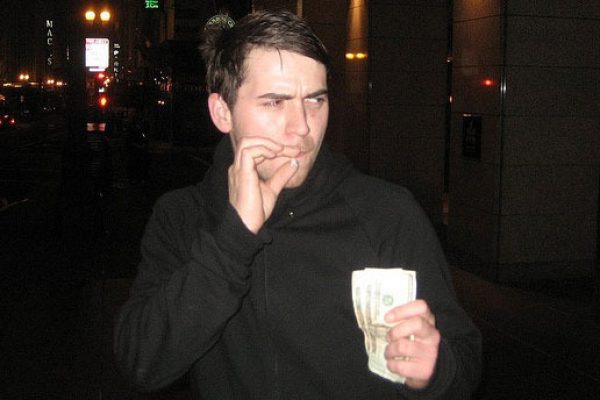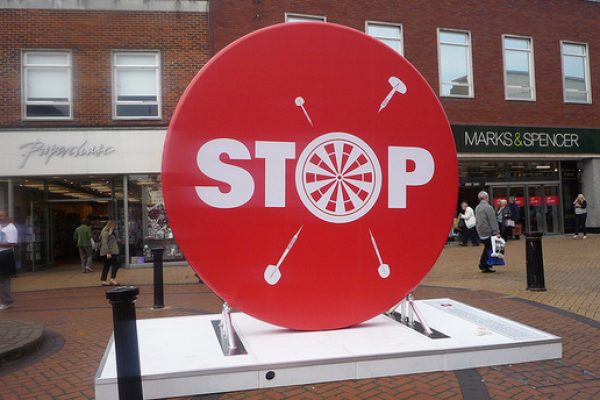Have you ever considered turning to natural herbal remedies to help you quit smoking ? These herbs appear to have a very good success rate, as they work in harmony with your body, so are physically better for you than, for example, nicotine patches or electronic cigarettes. Smoking is so addictive because of all the chemicals in cigarettes – smokers actually become more addicted to those than the tobacco! Generally people smoke due to anxiety, nerves, etc., to calm them down in stressful situations – cigarettes give them a temporary high, which helps to take their mind off the stress. So relaxing the body and mind is very important in being able to quit successfully.
One of the best herbs to use for this purpose is St John’s Wort, which also treats depression and mood swings, as it helps to improve mood and relax body and mind. Another equally beneficial herbal supplement is saffron extract, which boosts serotonin levels in the body, as St John’s Wort does, and in this way is a mood-improver, and also helps with weight loss (so smokers do not need to worry so much about gaining weight after giving up cigarettes). Another herb that has been reported to help cure addiction to nicotine is lobelia. Apparently if you are taking lobelia tobacco will taste bad, which should act as a good deterrent. Lobelia helps reduce withdrawal symptoms and it is chemically similar to nicotine – in fact you can even get it in patches, like the nicotine ones! So definitely worth a try.
There are also two other herbs, catnip and valerian, (incidentally both highly popular with cats,) which can be very beneficial to smokers, as they help to reduce anxiety, and so take the stress out of quitting. So do try this one (and your cat will love it too, if he/she also has a heavy nicotine habit!) Chamomile is worth mentioning, since it is a famously soothing herb, which will help you sleep. Also it’s good to try peppermint, as it is not only calming, but it can also soothe any GI distress which sometimes occur when you stop smoking, as does ginger, marshmallow root and slippery elm.
A spice that is invaluable for boosting the immune system is turmeric, which also helps to rid your body of the carcinogens that come from smoke. Additionally coltsfoot will promote healing in your lungs, allowing toxic substances to be brought up ,and it promotes regeneration in the tissue. Garlic is also great for boosting your immune system and also regenerating your lungs. There are also plenty of other lung-healing herbs you can try, like elderberry juice, mullen, astralagus root, eucalyptus, fennel, plantain and a few more (ask at the health food shop). They will help to open up your airways so that you can breathe properly and promote healing
All of these herbs and supplements should be available at your local health food store. I definitely don't recommend taking all of them in tandem though! Just try some out and see what works for you. They are not cheap usually anyway, and you may think, how can you afford them? Just think of all the money you currently spend on those noxious cigarettes! You could spend that cash on herbs to help you quit instead, and then save the money once you stop taking the herbs! (at least the herbs are not addictive).
I hope you enjoyed this blog and your votes and comments are much appreciated.
*Image courtesy Flickr creative commons.










